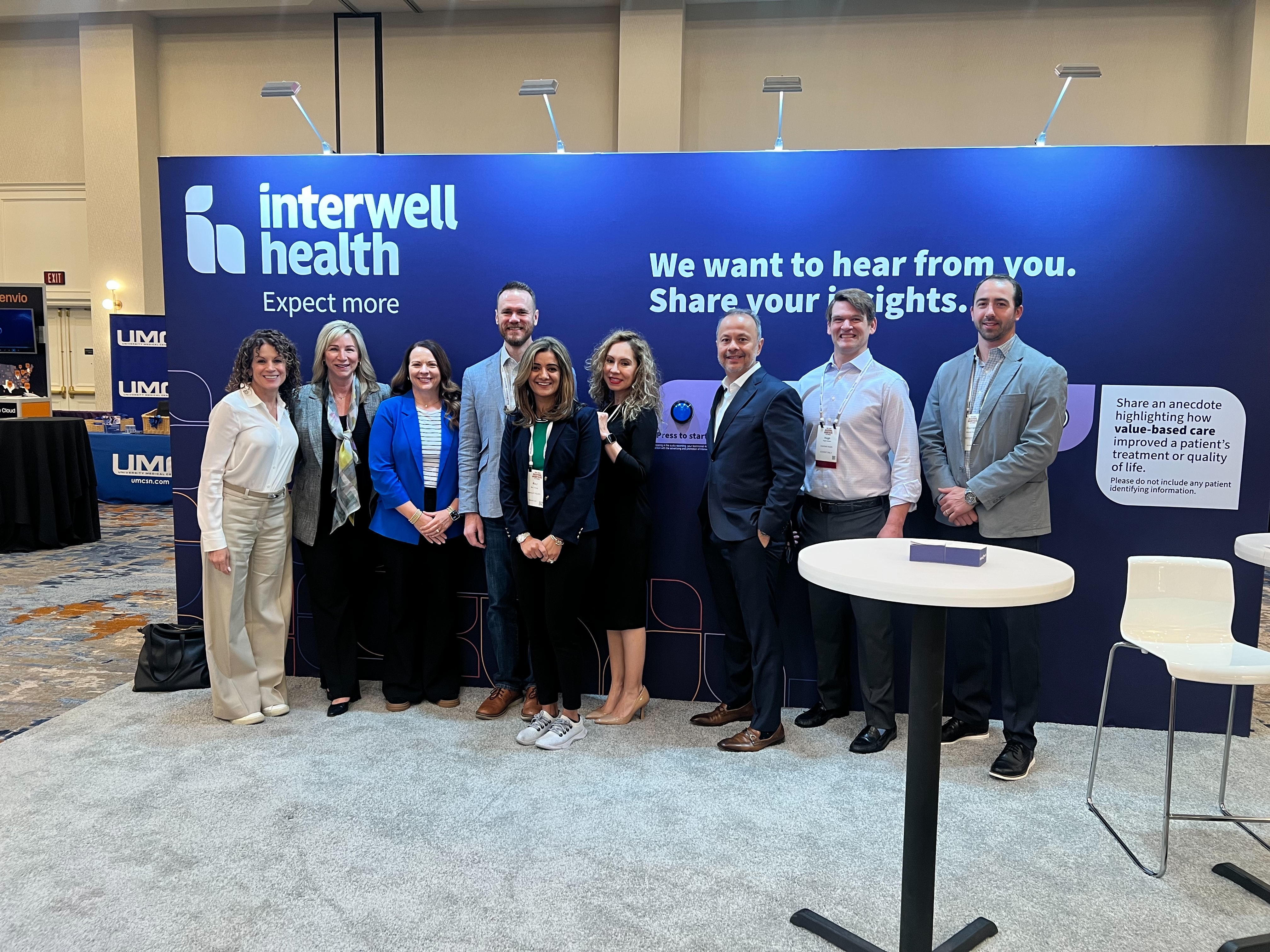Building Resilient Nephrology Practices: 2025 RPA Highlights
At the 2025 Renal Physicians Association (RPA) Annual Meeting, leading experts discussed trends, policy changes, and actionable strategies to help nephrology practices future-proof their business and care models.
tags

What happens in Vegas doesn’t always stay in Vegas—including insights from the 2025 Renal Physicians Association (RPA) Annual Meeting. The event was a gathering of leading experts focused on understanding and addressing how policy issues, economic changes, and clinical and technological advances will impact nephrology practices. From reimagining practice sustainability to discussing the future of value-based kidney care models, the meeting sparked conversations that are too important not to share.
The state of nephrology in 2025
One of the highlights of the 2025 annual meeting was the keynote session from Robert Blaser, RPA’s director of public policy, who provided an authoritative breakdown of policy changes affecting nephrology in 2025. While acknowledging concerns about health agency cuts, Blaser asserted that the new administration could create positive opportunities for managing chronic kidney disease (CKD) given its focus on proactive, preventive care—with the caveat that there will likely be a stronger emphasis on cost containment.
Blaser also touched on living organ donation support and improving telehealth access for CKD patients as legislative priorities for RPA. Uncertainty for the future of telehealth is particularly concerning for nephrology practices as they navigate decisions on how to grow and expand to support patient needs. With the government’s temporary telehealth flexibilities ending in 2025, Blaser stressed the need for permanent policy changes that sustain virtual care.
The widening gap between Medicare payments and rising practice costs was a key theme throughout the event, including Blaser’s talk. Speakers cited a “crisis” as nephrologists continue to work harder but get paid less while urging audience members to support payment reform initiatives to preserve patient access to care.
Mounting pressures on private nephrology practices
Lack of sufficient reimbursement in nephrology was just one of the challenges Dr. Barbara McAneny, former president of the American Medical Association, discussed during her presentation on the economic pressures facing private practices. Dr. McAneny pointed out that smaller practices, in particular, confront significant obstacles—including nephrology workforce challenges and physician burnout—that threaten their financial and clinical sustainability.
Despite the challenges, Dr. McAneny emphasized that independent practices play an important role in the healthcare ecosystem by offering a more patient-friendly, innovative, and cost-effective alternative to hospital-based care. She encouraged practice leaders to focus on bolstering team structures, recruiting to meet future practice needs, and leveraging technology such as customized electronic health records (EHRs) to reduce the burden on clinical staff.
Growing role of APPs in patient care
Amid mounting administrative burdens, many nephrology practices are realizing the benefits of recruiting and training advanced practice providers (APPs). At the meeting, experts including Jennifer Huneycutt and Leah Foster Smith from Metrolina Nephrology Associates discussed how leveraging APPs not only creates operational efficiencies, but also enhances patient care. They highlighted APPs’ role improving CKD management, increasing multidisciplinary collaboration, and enabling initiatives such as virtual nephrology and value-based care.
In a presentation on building high-functioning APP teams, DaNae Smith from RenalCare Associates in Illinois underscored the importance of mentorship and targeted training for APPs, along with a supportive and structured work environment.
The evolving role of value-based care models
This year’s annual meeting fell just weeks after the Centers for Medicare & Medicaid Services (CMS) announced early termination of the ESRD Treatment Choices (ETC) Model, creating speculation as to whether the voluntary Kidney Care Choices (KCC) Model would meet a similar fate. Against that backdrop, Dr. Sri Lekha Tummalapalli, a nephrologist and researcher at Weill Cornell Medicine, took the stage to a packed room for her presentation on value-based care trends, challenges, and consequences.
Dr. Tummalapalli acknowledged that performance in some value-based models, including the ETC Model, has been lackluster, but voiced optimism for the future of value-based care in nephrology. As she pointed out, while value-based care has its challenges—including upfront operational costs and specialized reporting requirements—nephrology has performed the strongest out of all specialties in value-based models.
To close her session, Dr. Tummalapalli presented five predictions for the future of value-based kidney care:
1. Commercial health plans will play an increased role driving value-based care as Medicare Advantage enrollment continues to rise
2. Specialty-specific models will be the way forward
3. There will be a shift away from pay-for-performance toward shared savings models, such as the KCC Model, which have historically been much more effective
4. Focus on transplant will increase, and we will see greater collaboration between dialysis and transplant
5. The KCC Model will achieve cost savings, and CMS will certify the model with the introduction of a version 2.0
Building resilient nephrology practices
One overriding theme carried through the RPA annual meeting: adaptability and innovation are essential for nephrology practice sustainability. Ultimately, practices have an opportunity to shape the care landscape by adopting forward-looking strategies that will not only secure their financial success but also significantly improve care for patients managing chronic kidney disease.
To hear from attendees on their biggest takeaways from RPA, tune into the special “Voices from RPA” episode of the Kidney Health Connections podcast.